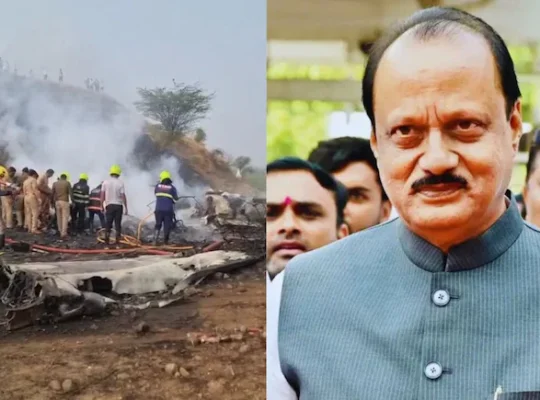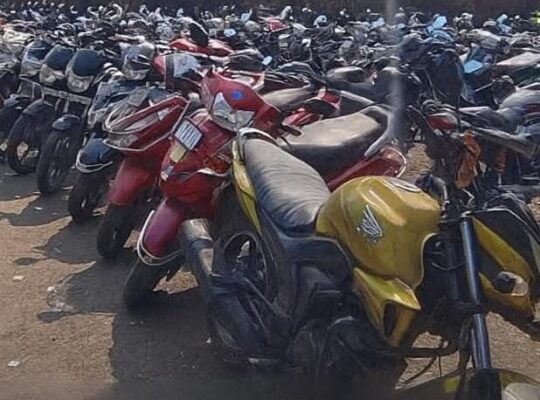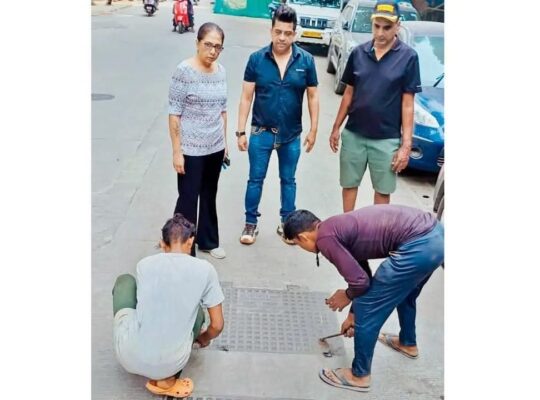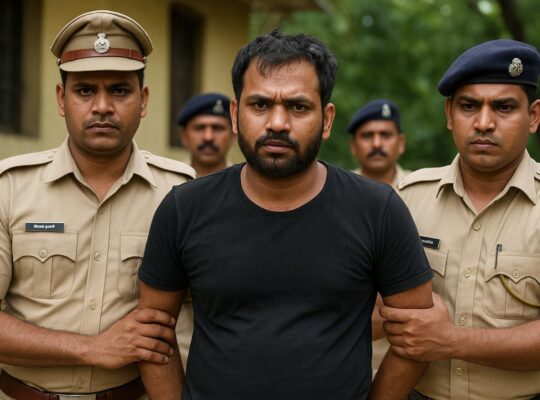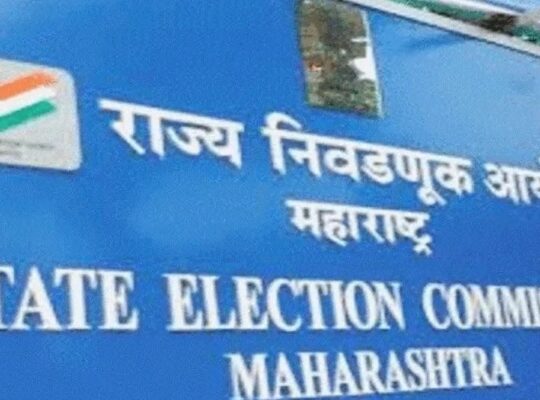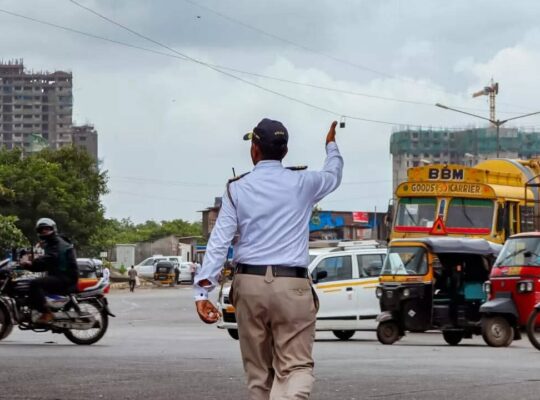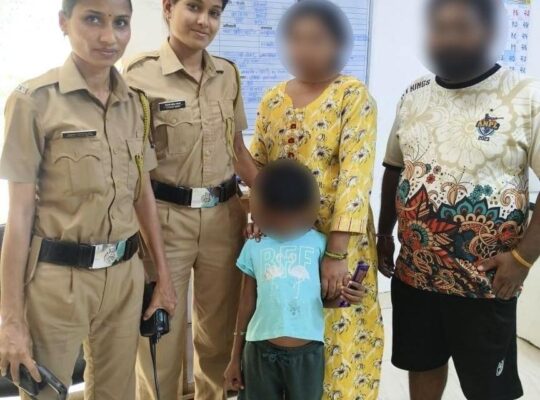Mumbai, July 2:-
in a decisive move aimed at dismantling organised drug networks, Maharashtra Chief Minister Devendra Fadnavis has announced that offenders involved in drug trafficking will now be prosecuted under the stringent Maharashtra Control of Organised Crime Act (MCOCA). The development marks a significant escalation in the state’s war against narcotics.
“Drug trafficking is not just a crime—it’s a direct threat to our youth and our future,” said Fadnavis, who also oversees the Home Department. Speaking at a public gathering, he described the move as one of the most impactful measures taken yet to curb the growing narcotics crisis in Maharashtra.
The Chief Minister emphasized that the government would act decisively against all links in the drug supply chain—from local peddlers to international cartels. “We are committed to breaking the backbone of this network. MCOCA will now be used as a tool to prosecute those who are part of this organised machinery,” he stated.
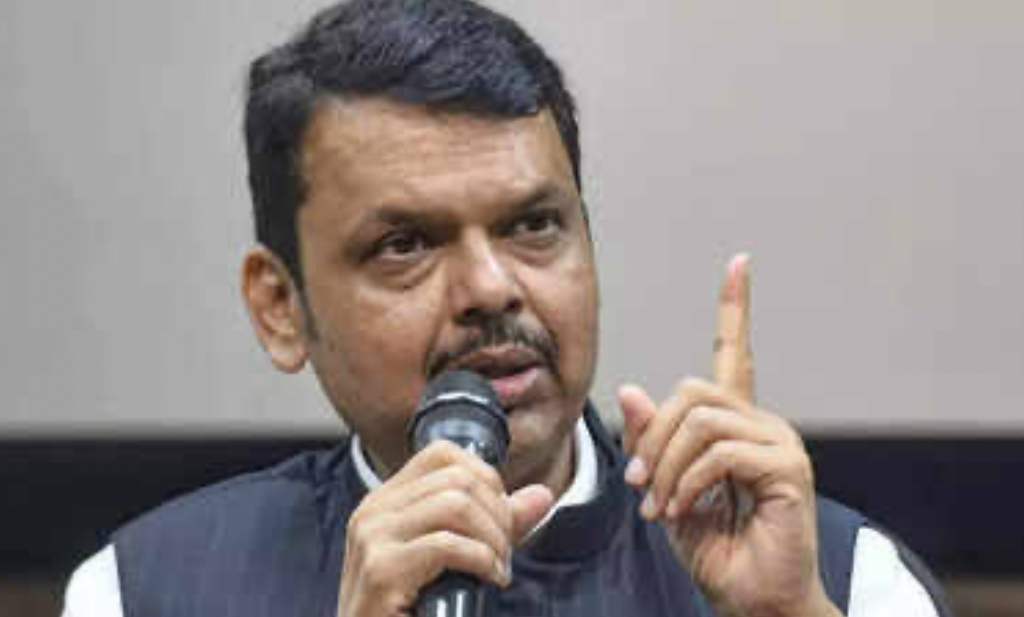
MCOCA, originally designed to combat organised crime and terrorism, allows for extended detention periods, stringent bail conditions, and the admissibility of intercepted communications as evidence. Applying it to drug-related cases significantly strengthens investigative and prosecutorial capabilities.
The decision comes in the wake of multiple high-value narcotics seizures across Mumbai, Navi Mumbai, and Thane, with increasing involvement of foreign nationals and online supply routes. It also follows a series of recent high-profile anti-drug operations led by the state’s Anti-Narcotics Cell and Crime Branch units.
With this bold step, the Maharashtra government aims not only to disrupt supply lines but to send a clear message: drug syndicates will be treated as organised crime outfits and dealt with accordingly—swiftly and severely.



